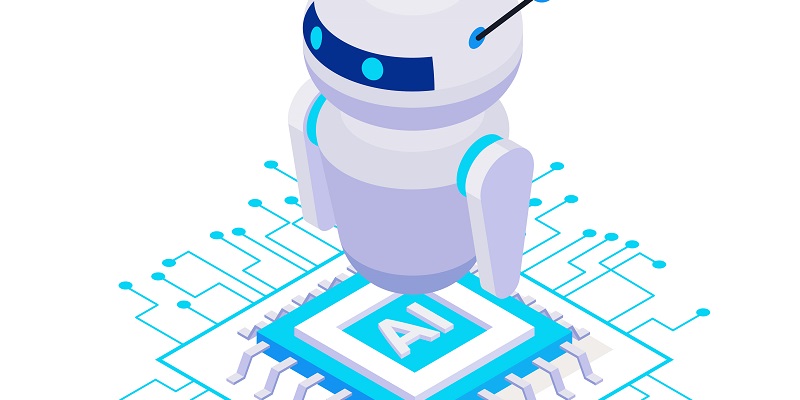Email marketing automation has become an integral part of businesses’ marketing strategies. It allows businesses to send targeted, personalized emails to their customers at scale, resulting in higher engagement and ultimately, increased conversions. In recent years, the role of artificial intelligence (AI) in email marketing automation has become increasingly prominent. AI-powered tools have transformed the way businesses approach email marketing automation, providing insights and recommendations for optimizing email campaigns. In this article, we will explore the impact of AI on email marketing automation, and how businesses can leverage AI to take their email marketing strategies to the next level.
Email marketing automation
Email marketing automation is the process of using software to automatically send targeted and personalized emails to subscribers based on their behavior and preferences. It is the most effective way to reach out to customers with relevant messages, making them feel valued and engaged with the brand. With automation, businesses can segment subscribers based on factors such as location, interests and past purchases, and send personalized emails to each group. This approach saves time and ensures that every subscriber receives content tailored to their needs, leading to increased engagement and higher conversions.
The Importance of Personalization
Personalization is key to the success of email marketing automation. By providing subscribers with content that is relevant to their interests and needs, businesses can build stronger relationships with their customers. Generic emails that do not address the specific needs of subscribers tend to be ignored or deleted. Personalized emails, on the other hand, have been shown to have higher open and click-through rates, resulting in increased engagement and ultimately higher conversions. Personalization is made possible by AI, which can analyze large amounts of customer data and provide recommendations for customized content.
AI in email marketing automation
AI has transformed the way businesses approach email marketing automation. AI-powered tools can analyze large amounts of data to provide insights and recommendations for optimizing email campaigns. These tools can automate email marketing workflows, such as segmenting subscribers and sending personalized emails. AI can also improve the accuracy of email personalization and predict subscriber behavior, allowing businesses to craft more effective messages.
AI-Powered Tools in Email Marketing
There are several AI-powered tools that businesses can use to optimize their email marketing campaigns. One of these tools is product recommendations. AI can analyze a customer’s browsing and purchase history to recommend products based on their preferences. This feature is an excellent way to tailor product recommendations to the individual customer. Another AI-powered feature is abandoned cart reminders. This tool sends an email to customers who have left items in their cart without making a purchase, reminding them of the items and encouraging them to complete the purchase. Dynamic content is another AI-powered feature that can optimize email campaigns, enabling businesses to create emails with personalized content that adapts to the customer’s behavior and preferences.
Starting with simple AI-powered features
For businesses starting with AI-powered email marketing automation, it is essential to start with simple AI-powered features. This approach allows businesses to test and optimize the features before moving on to more advanced ones. Personalized product recommendations are an excellent starting point to showcase the benefits of AI-powered features. Additionally, businesses can optimize send times to ensure that emails are sent when customers are most likely to engage with them.
Testing different AI-powered features is crucial in determining which ones work best for the audience. Businesses can use A/B testing to compare the performance of different email campaigns. This approach can help determine which features are most effective in improving engagement and conversions.
Taking Email Marketing Automation to the Next Level
With the right approach, AI can take your email marketing automation strategy to the next level. AI-powered features can improve the accuracy of email personalization, predict subscriber behavior, and automate email marketing workflows. This approach saves time and improves the overall effectiveness of email campaigns. Businesses can use AI-powered tools to optimize email campaigns and build stronger relationships with their customers.
AI has transformed the way businesses approach email marketing automation. With AI-powered tools, businesses can analyze large amounts of data to provide insights and recommendations for optimizing email campaigns. Personalization is key to success, and AI can improve the accuracy of email personalization and predict subscriber behavior. Starting with simple AI-powered features and testing them is crucial to determining which ones work best for the audience. With the right approach, AI can take your email marketing automation strategy to the next level, resulting in higher engagement and ultimately increased conversions.

